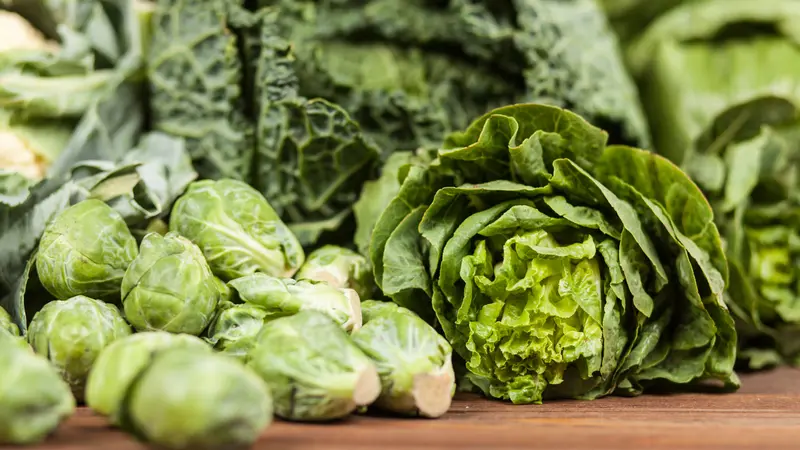

Chronic Conditions and Diseases

Chronic Conditions and Diseases
What Is Methylation?
Methylation is an important biochemical process that happens nearly one billion times every second. It controls your ability to detox, lower inflammation, produce neurotransmitters, and protect your DNA. However, many people have never even heard of it. What is this important process, and how do we support it?
What Contributes to Poor Methylation?
Poor methylation has been linked to:
- Heart disease
- Hormone imbalances
- Anxiety
- Depression
- Autoimmune conditions
- Chronic inflammation
- Fatigue
Many factors can contribute to poor methylation, including the MTHFR, MTR, and MTRR gene mutations. The MTHFR enzyme converts folic acid into folate, which is the fuel for methylation, and it is estimated that those with the MTHFR gene mutation make 70% less methyl-folate than those without the mutation.
The MTR and MTRR genes are both needed to produce vitamin B12, which is a methyl donor, and those with these mutations use B12 quicker than their bodies can produce it.
Methylation Testing
Nearly 40% of the world’s population has an MTHFR genetic mutation, but most people don’t know it. Genetic testing is important to determine if you have any of these mutations that could be impairing the methylation process.
Some tests that look at methylation include:
- DNA Methylation Pathway Profile—Looks at all DNA mutations that play a role in methylation.
- Homocysteine—This amino acid will often be high if methylation isn’t functioning properly, as homocysteine is recycled down by methylation.
- Microbiome labs—Gut problems (e.g., candida overgrowth and bacterial imbalances) can exacerbate methylation problems.
- Hair metal testing—Looks at lithium levels, which have a role in B12 transport.
Natural Ways to Support Methylation
- Incorporate superfoods high in B vitamins, including green leafy vegetables and grass-fed organ meats.
- Eat more sulfur-rich foods such as cabbage, cauliflower, broccoli, onions, garlic, and mushrooms.
- Include herbs and spices such as cilantro, parsley, turmeric, and dandelion root to help detox from heavy metals and other chemicals. Milk thistle is also good to include for its ability to support the liver, which is the body’s largest detoxification organ.
- Use clean, non-toxic household and beauty products to lessen the burden on the body’s detoxification pathways.
- Manage stress levels with mindfulness, meditation, or breathwork, as stress can change the methylation of your DNA and alter the activity of certain genes.
- Supplementation with B vitamins may be needed to fuel methylation pathways. Make sure to choose natural folate and activated forms of B vitamins, as folic acid can be toxic for those with the MTHFR mutation.
REFERENCES
Cole, W. (n.d.). Methylation: what it is, why you should care about it + what to do if it isn’t working. https://drwillcole.com/detoxing-toxins/methylation-what-it-is-why-you-should-care-about-it-what-to-do-if-it-isnt-working



 By
By








